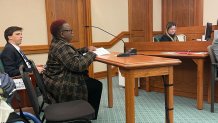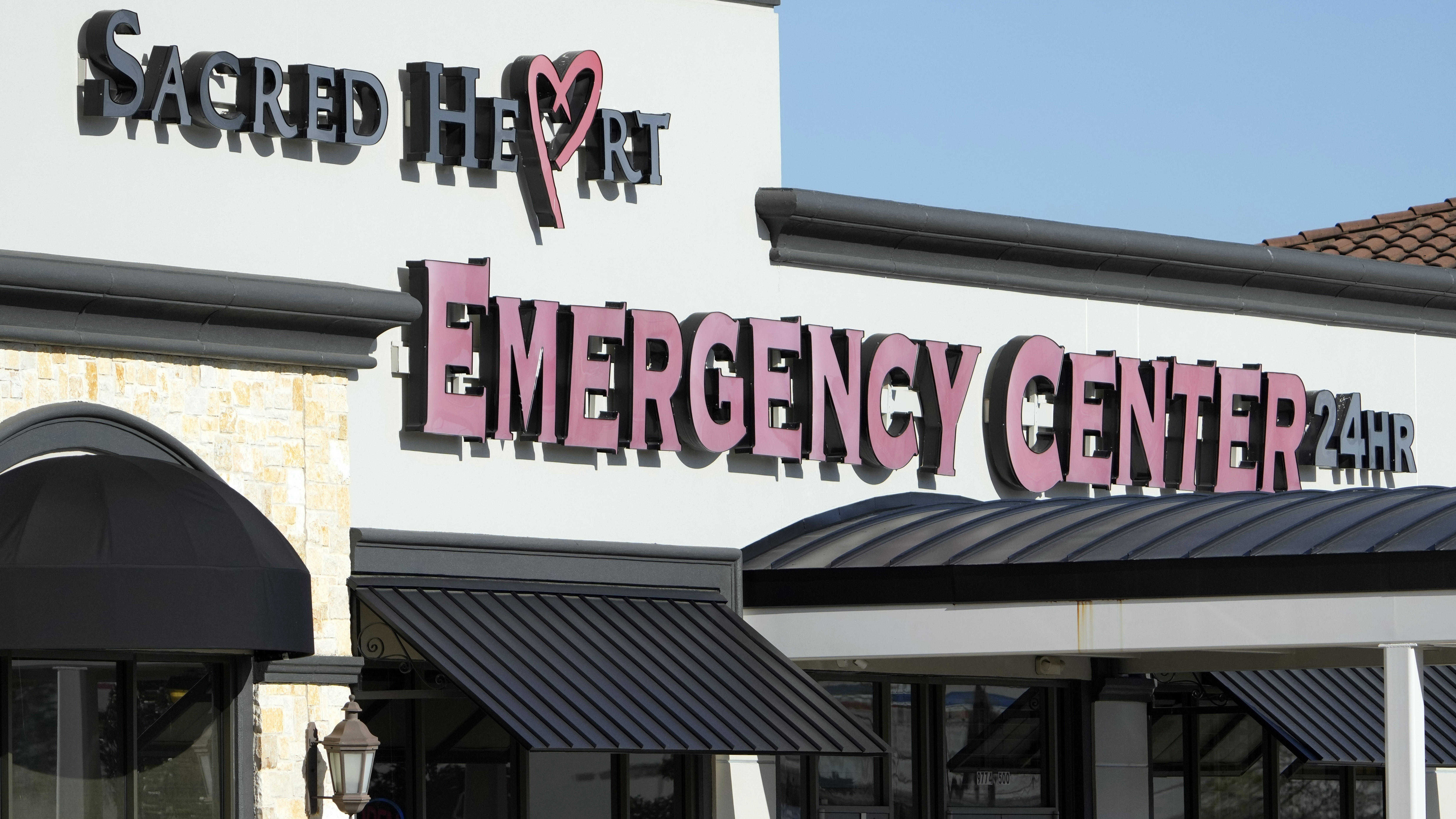A fight for funding is underway this week at the state capital.
Addiction recovery centers have been facing an uphill battle lately with rising costs, stagnant state funding and a raging opioid crisis.
It’s especially important right now, with fentanyl overdoses and drug busts making the headlines so much lately, with seemingly no end in sight.
That's why Nexus Recovery Center – a space where women and even their children can live and heal during recovery – is pushing for change.
Get DFW local news, weather forecasts and entertainment stories to your inbox. Sign up for NBC DFW newsletters.
The Dallas nonprofit sent a team down to the state capital this week to lobby for more funding for recovery and sobriety organizations, as lawmakers continue their state budget work during the legislative session.
"We want to make the biggest and loudest noise possible in Austin this legislative session, to let all of our legislators know that this funding is crucial,” said Nexus CEO, Heather Ormand.
Brenda Hewitt, a Nexus graduate who often speaks publicly about her recovery journey, testified directly to a room full of lawmakers throughout the day Tuesday, as the senate finance committee decides the budget for the Texas Health and Human Services Commission.

That's where agencies like Child Protective Services, mental health providers and hospital systems get their funding. Substance abuse organizations also get their funding from that budget, and it can be hard for nonprofits to compete.
Texas News
News from around the state of Texas.
So everyone must state their case for a piece of that pie and how much of the pie they will get.
Hewitt shared her story about the importance of treatment and how it can change the trajectory of a woman's life and of a family's life like her own.
"Treatment really is the answer to the opioid crisis that we're facing right now. Without treatment, these women and these families in particular don't have a lot of hope or chance of survival,” said Ormand. "So we need the increased funding so that we can be here and provide services in the long term."
Inflation and rising costs have made it hard for recovery centers to do what they do best – help people out of substance addictions.
For example, Nexus has spent an extra $2 million dollars in the last few years just to keep up with living wages for employees.
State funding and reimbursement rates have remained flat for years, so Nexus has had to turn to the community to fill the gaps.
They – like many other nonprofits – have been forced to dip into reserve funds.
All of this is happening while drug overdose deaths have reached all-time highs.
"So many treatment providers have been forced to close and we don't want any more to close because there are increasing demands for our services and we want to make sure there's as many providers out there as possible that can treat people suffering from a substance use disorder,” said Ormand.
She stressed that nonprofits can't treat someone with a fentanyl issue or substance use disorder if they don't have the proper funds to do it, a place to house them, or staff to take care of them.
"So, the answer really to the overdose deaths and crisis in our country right now is treatment. And making treatment available to all of those that need it,” said Ormand. “Treatment shouldn't be a luxury. It has to be a fundamental right. And we serve women and women with children here at Nexus that don't have the opportunity and can't afford to seek treatment elsewhere. So we have to be here and we will be here no matter what it takes."
This week's efforts in Austin won't be the last. Nexus has been sending teams to the capital throughout the session and has plans to send a larger group to the capital at the end of March for one on one meetings with legislators to secure support.
They're also looking to make Narcan – which reverses drug overdoses -- over the counter so that more people access to the life-saving medicine.



